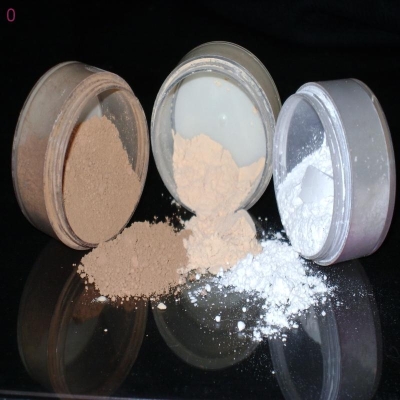Deng Weiqun group found new members of Wnt signal path and revealed its regulatory mechanism
-
Last Update: 2021-03-10
-
Source: Internet
-
Author: User
Search more information of high quality chemicals, good prices and reliable suppliers, visit
www.echemi.com
March 13, 2018, Oncogene, a classic journal of Nature Publishing Group, published a research paper entitled "
" online from the School of Life Sciences of South China Agricultural University and professor Deng Weiqun of the Key Laboratory of Agricultural Bioprotein Function and Regulation of Guangdong Province. Using cell and zebrafish systems, integrated immunofluorescence, immunorecipitation and other technical means, the paper successfully identified the new member of the Wnt signaling path, C9orf140, and revealed the specific mechanisms for regulating the Wnt/β-catenin signal path through negative feedback with Axin1: First, the Wnt signaling molecules pass through β-catenin. Activate the expression of C9orf140, and then C9orf140 competes with PP2A to combine Axin1, causing PP2A to detach from the degradation complex, resulting in an increase in β-catenin phosphorylation levels and degradation, which ultimately inhibits the Wnt/β-catenin signal path (Figure 1).1 C9orf140 negative feedback regulation Wnt/β-catenin signal path pattern diagram
The classic Wnt/β-catenin signal path is playing a vital role in the physiological process of early embryo development, organ formation, tissue regeneration, etc. As research progresses, more and more new members of the regulation of the Wnt/β-catenin path are being discovered, but it is still not possible to fully explain the regulatory process of the complex Wnt/β-catenin signal path and the physiological effects it causes. C9orf140, also known as p42.3 and SAPCD2 (suppressor APC domain containing 2), is a newly identified cancer-related gene that significantly increases expression in samples of stomach cancer, colorectal cancer, liver cancer, breast cancer, etc., plays an important role in tumor development and is considered a new cancer marker. However, the specific molecular mechanism of C9orf140 to perform the above functions is still unclear. This study is not only helpful to deepen people's understanding of the molecular regulatory mechanism of Wnt signaling path, but also hope to reveal the molecular mechanism of C9orf140 to regulate tumor development and provide new targets for tumor drug therapy.
research partners include the Li Ka-shing School of Medicine of the University of Hong Kong and the Guangzhou Institute of Biomedicine and Health of the Chinese Academy of Sciences. The research work has been supported by the National Natural Science Foundation of China, the Team Project of the Guangdong Natural Science Foundation, and the Training Program for Outstanding Young Teachers in Guangdong Higher Education Institutions. (Source: Science.com)
This article is an English version of an article which is originally in the Chinese language on echemi.com and is provided for information purposes only.
This website makes no representation or warranty of any kind, either expressed or implied, as to the accuracy, completeness ownership or reliability of
the article or any translations thereof. If you have any concerns or complaints relating to the article, please send an email, providing a detailed
description of the concern or complaint, to
service@echemi.com. A staff member will contact you within 5 working days. Once verified, infringing content
will be removed immediately.







